Overview
‘The Effective Executive’ by Peter F. Drucker is a seminal book that delves into the art of being effective in the management realm. It’s a compact guide that has been sitting on my shelf, and I finally got to dive into its pages over a quiet Easter break.
Synopsis
‘The Effective Executive,’ first published in 1967, remains a cornerstone of management literature. The book is structured into seven distinct parts, each unraveling the components of effectiveness that Drucker insists can be learned and mastered.
- Effectiveness Can Be Learned: Drucker opens with the optimistic assertion that effectiveness is not an innate attribute but a skill set that can be acquired and honed through practice and discipline.
- Know Thy Time:Time is a unique resource, and Drucker stresses the importance of time management as a cornerstone of executive effectiveness.
- What Can I Contribute: Shifting the focus from self-centred productivity to outward contribution, Drucker challenges executives to ask what they can contribute to the organisation’s needs.
- Making Strength Productive: This part emphasises the need to build on one’s strengths as a pathway to effectiveness, rather than focusing on weaknesses.
- First Things First: Drucker discusses the art of setting priorities and addressing tasks that significantly impact the organisation.
- The Elements of Decision-Making: Here, Drucker breaks down the decision-making process into clear, actionable steps, ensuring that decisions are both effective and efficient.
- Effective Decisions: The final part delves deeper into decision-making, highlighting the importance of clarity, courage, and conviction in making choices that matter.
Why You Should Read It?
If you’re looking to sharpen your management skills and learn how to prioritise tasks that truly matter, this book is for you. Drucker’s insights help transform mere activity into genuine productivity.
Review and Criticism
Drucker’s main thesis is that effectiveness can be learned. He believes that raw talents like intelligence and creativity are only useful when combined with effective practices. While the book was groundbreaking at its release, some readers today might find the language a bit old-fashioned. Also, the examples from the 1960s corporate world may not translate seamlessly into our modern, fast-paced work environments.
Verdict
Despite its age, ‘The Effective Executive’ stands strong in the management literature. It’s a must-read for anyone aiming to make a significant mark in their professional life. The book’s principles on learned effectiveness are timeless, offering a valuable framework for today’s leaders.
About the Author
Peter F. Drucker, born in Vienna in 1909, was a visionary in management consulting and education. His escape from Nazi Europe to the United States led him to become a pivotal figure in modern business practices. Known for pioneering ‘management by objectives’, Drucker’s work has left an indelible mark on the field, earning him the title of ‘the founder of modern management’.


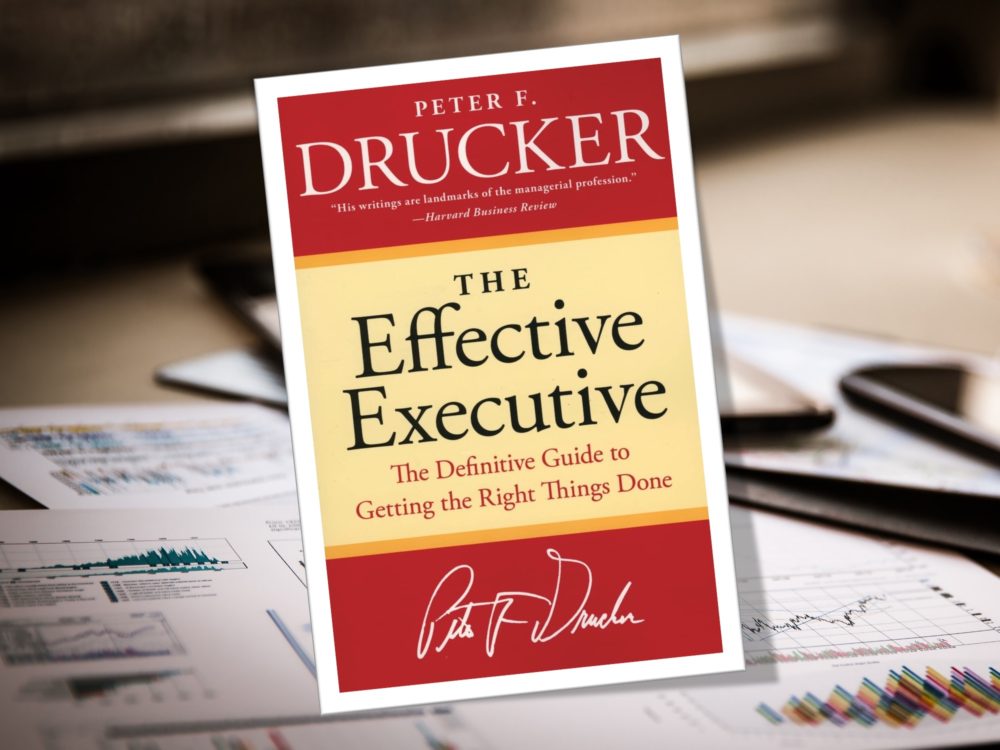
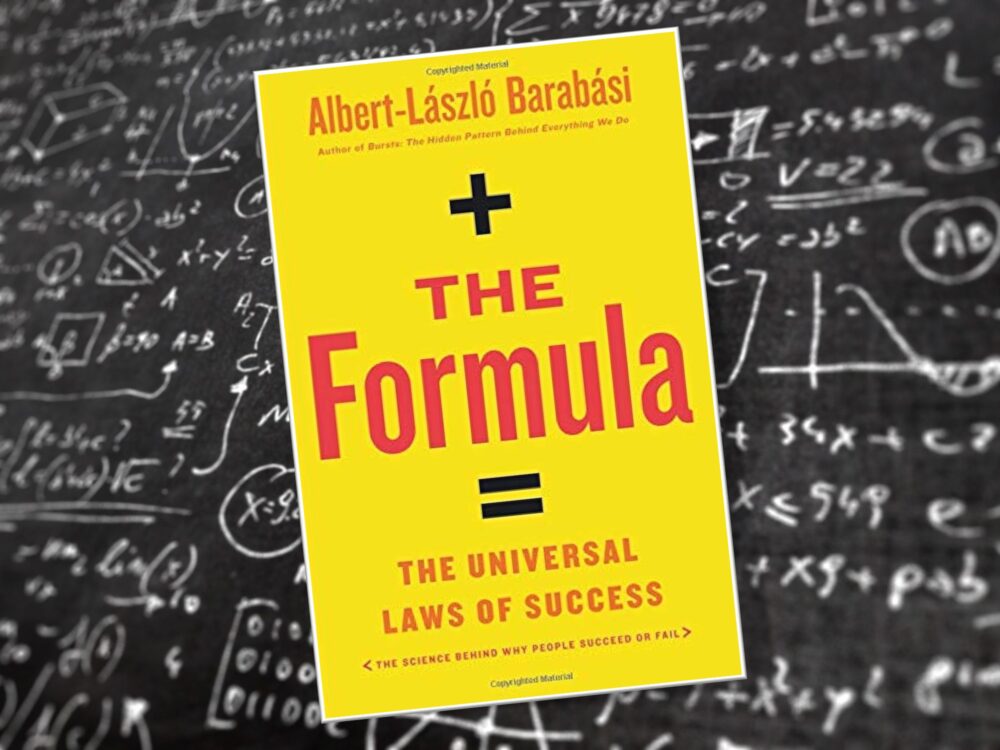
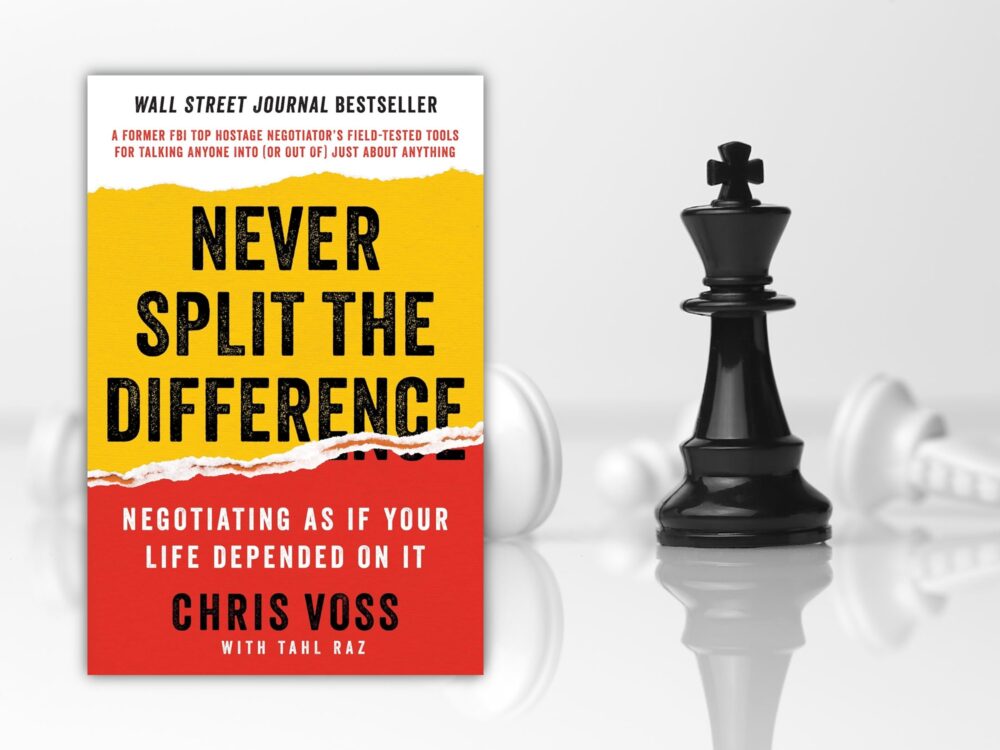
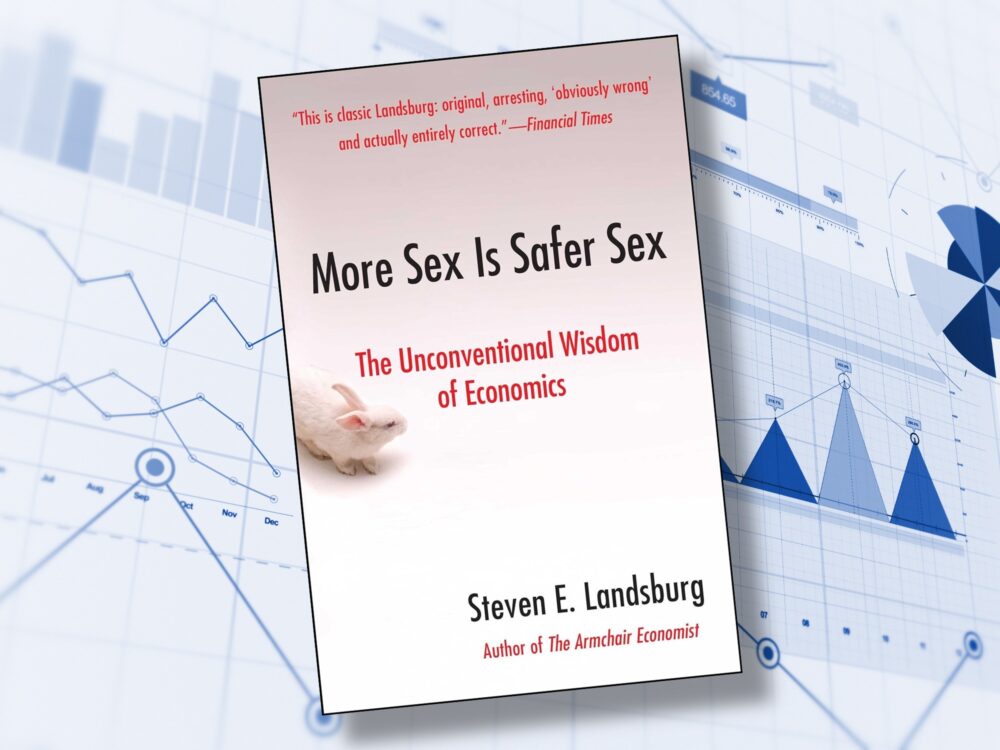

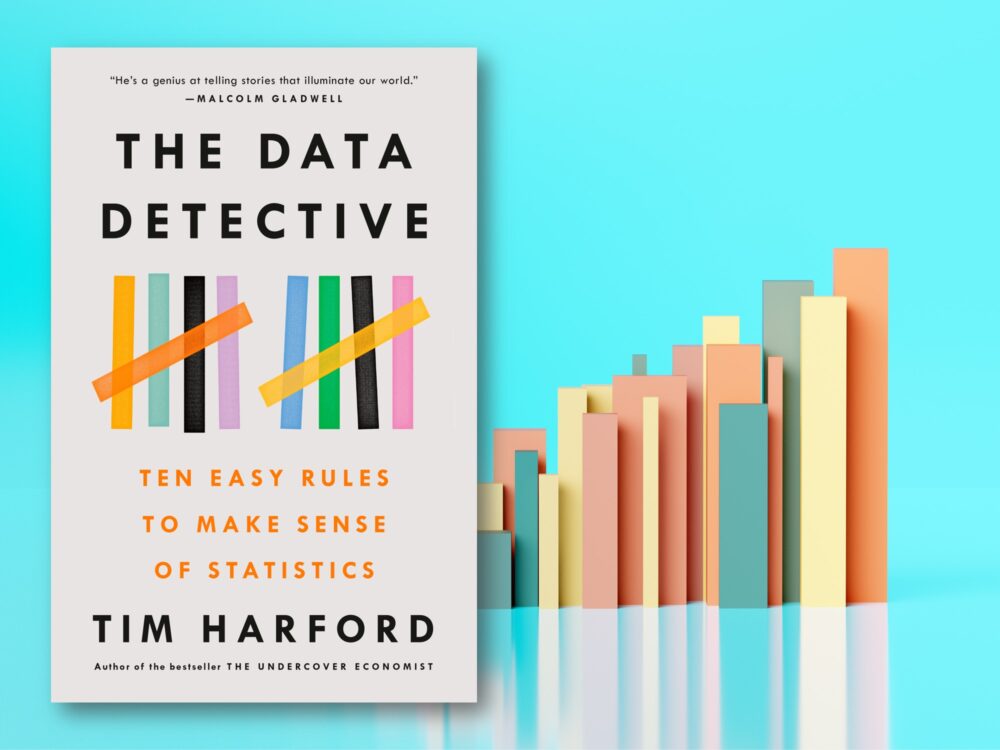

Leave a Reply